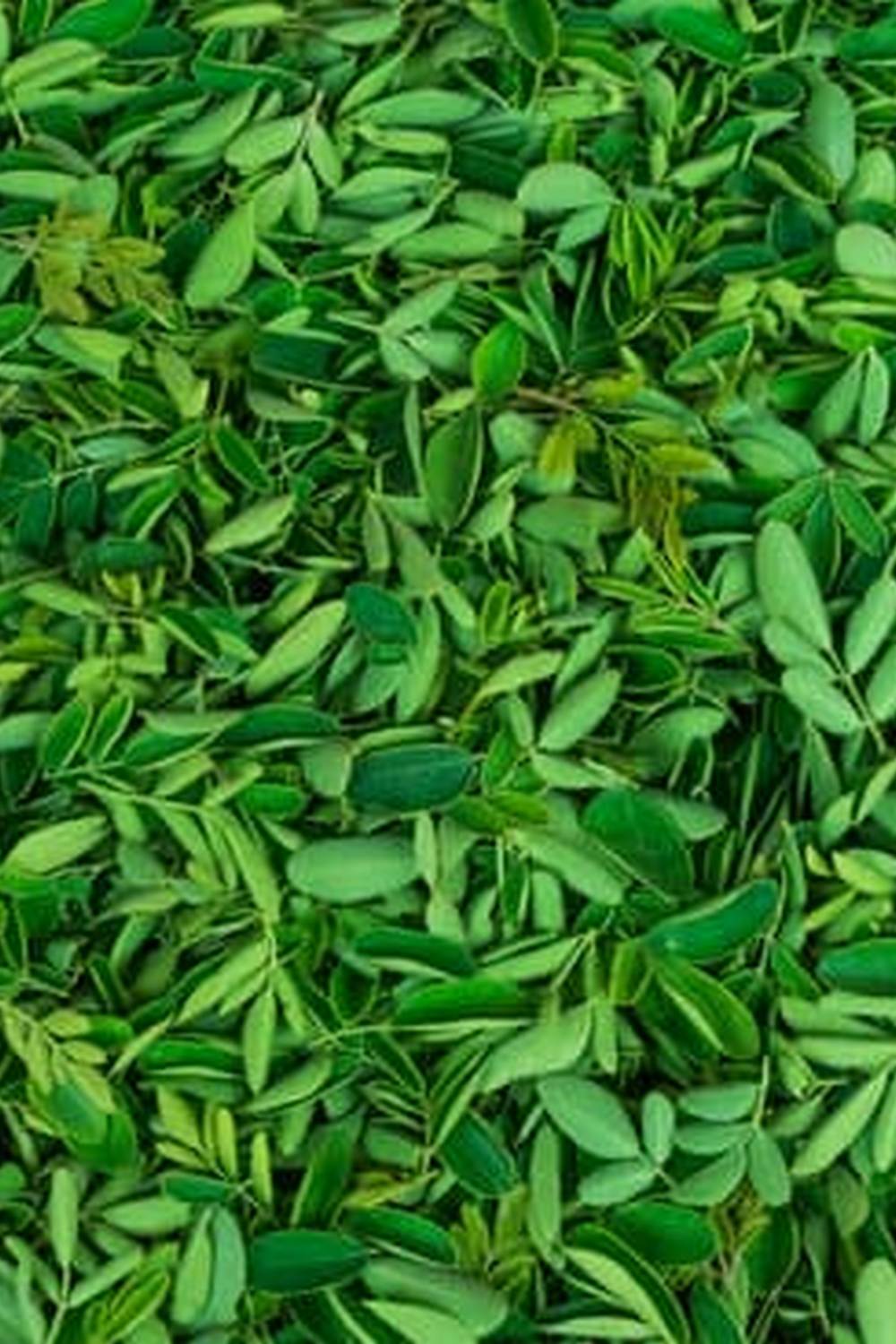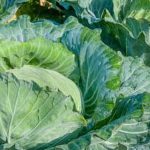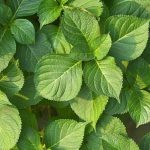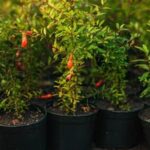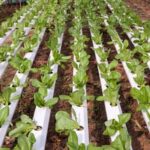What is the best pesticide for vegetable gardens? When it comes to maintaining the health and productivity of your vegetable garden, choosing the right pesticide is crucial.
Pests and diseases can wreak havoc on your plants, leading to poor yields or even crop failure. In this article, we will delve into the world of pesticides for vegetable gardens, exploring common pests and diseases, comparing organic and synthetic options, and providing tips for selecting and using the best pesticide for your garden.
Pesticides play a vital role in protecting vegetable gardens from a wide range of threats. Understanding the importance of pesticides in safeguarding your plants against pests and diseases is essential for any gardener. As we explore the topic, you will learn about the different types of pesticides available and their respective benefits and drawbacks. Whether you are dealing with aphids, caterpillars, or fungal infections, finding the most effective pesticide is crucial for maintaining a healthy and thriving vegetable garden.
In addition to identifying common pests and diseases that pose a threat to vegetable gardens, we will also examine the differences between organic and synthetic pesticides. With increasing concerns about environmental impact and human health, choosing between these options requires careful consideration. By weighing the pros and cons of each type of pesticide, you can make an informed decision that aligns with your gardening philosophy while effectively managing pest control.
Common Pests and Diseases in Vegetable Gardens
When it comes to maintaining a healthy vegetable garden, one of the biggest challenges is dealing with pests and diseases that can harm your plants. Identifying the specific threats that are common in vegetable gardens is crucial in determining the best approach to pest management. Here are some of the most common pests and diseases that you may encounter:
- Aphids: These small, soft-bodied insects can cause significant damage to vegetables by sucking sap from the plants, causing leaves to curl and distort.
- Caterpillars: Caterpillars can quickly devour leaves, stems, and fruits, leading to reduced plant growth and yield.
- Powdery Mildew: This fungal disease appears as a white powdery substance on the leaves of plants, inhibiting photosynthesis and weakening the overall health of the plant.
- Tomato Hornworms: These large green caterpillars are particularly destructive to tomato plants, consuming large parts of the foliage and fruit.
Identifying these common pests and diseases is essential for developing an effective pest management plan for your vegetable garden. By understanding the specific threats you’re facing, you can choose the best pesticide or control method to protect your plants.
In addition to using pesticides, there are also cultural and physical control methods that can help alleviate pest and disease problems in your vegetable garden. These methods include practices such as crop rotation, companion planting, hand-picking pests, using row covers, and maintaining good soil health. When integrated with pesticide use, these methods can contribute to a more sustainable and environmentally-friendly approach to managing pests in your vegetable garden.
Organic vs Synthetic Pesticides
When it comes to choosing a pesticide for your vegetable garden, one of the first decisions you’ll need to make is whether to use organic or synthetic options. Each of these types of pesticides has its own pros and cons, and understanding them can help you make an informed decision for your garden.
Organic pesticides are derived from natural sources such as plants, animals, or minerals. One of the biggest advantages of using organic pesticides is that they are considered safer for the environment, beneficial insects, and other wildlife. They also tend to break down more quickly in the environment compared to synthetic pesticides. Additionally, organic pesticides are often allowed in organic gardening practices.
On the other hand, synthetic pesticides are chemical-based and are typically manufactured in a laboratory. One of the main benefits of synthetic pesticides is their effectiveness in controlling pests and diseases. They often offer quicker results and may require fewer applications than organic options. However, it’s important to note that some synthetic pesticides have been associated with negative impacts on human health and the environment.
Another factor to consider when choosing between organic and synthetic pesticides is cost. Organic options may be more expensive than their synthetic counterparts, but they are generally considered a safer choice for your garden’s health and for the surrounding ecosystem. Whatever option you choose, it’s essential to carefully read and follow all label instructions when applying any pesticide in your vegetable garden.
Factors to Consider When Choosing a Pesticide for Your Vegetable Garden
When it comes to choosing the best pesticide for your vegetable garden, there are several important factors to consider. It’s not just a matter of picking any pesticide off the shelf and applying it to your precious crops. Making an informed decision is crucial for the health and safety of both your vegetables and your family. Here are some key factors to keep in mind when selecting a pesticide for your vegetable garden.
Target Pests and Diseases
Before choosing a pesticide, it’s essential to identify the specific pests and diseases that are affecting your vegetable garden. Different pesticides are designed to target different types of pests, so knowing exactly what you’re dealing with will help you select the most effective solution.
Environmental Impact
Another critical factor to consider is the environmental impact of the pesticide you choose. Some pesticides can have harmful effects on non-target organisms, soil quality, water sources, and overall ecosystem health. When selecting a pesticide for your vegetable garden, opt for products that are labeled as environmentally-friendly and have minimal impact on beneficial insects, birds, and other wildlife.
Application Method
Consideration should also be given to how the pesticide will be applied in your vegetable garden. Some pesticides come in spray form, while others may be applied as granules or through irrigation systems. The application method can influence how effectively the pesticide targets pests or diseases while minimizing exposure risks for humans and pets.
By carefully considering these factors before choosing a pesticide for your vegetable garden, you can make a well-informed decision that promotes healthy growth while minimizing potential risks to the environment and those who enjoy the fruits of your labor.
Top 5 Best Pesticides for Vegetable Gardens
When it comes to choosing the best pesticide for your vegetable garden, it’s important to consider the specific pests and diseases you are dealing with. Different pesticides target different types of pests, so understanding the threats to your garden is crucial in making the right choice. Here, we will compare and contrast five of the best pesticides for vegetable gardens, taking into account their effectiveness, safety, and environmental impact.
Neem Oil
Neem oil is a popular organic pesticide that is effective against a wide range of common garden pests such as aphids, whiteflies, and spider mites. It works by disrupting the feeding and reproductive behavior of insects, ultimately causing their demise. Neem oil is also safe for beneficial insects such as bees and ladybugs, making it a great choice for gardeners looking for an environmentally-friendly option.
Spinosad
Spinosad is another natural pesticide derived from soil-dwelling bacteria. It is highly effective in controlling caterpillars, beetles, thrips, and other chewing insects that can wreak havoc on your vegetables. One of the benefits of spinosad is its low impact on non-target organisms and its relatively short persistence in the environment.
Sulfur
Sulfur has been used as a pesticide for centuries due to its ability to control fungal diseases such as powdery mildew and rust. It works by inhibiting the growth of fungi spores on plant surfaces. However, it’s important to note that sulfur should not be used when temperatures exceed 90°F or when plants are under moisture stress.
Application and Safety Tips for Using Pesticides in Vegetable Gardens
When it comes to using pesticides in vegetable gardens, it’s crucial to understand how to apply them correctly and safely. Proper application ensures that the pesticides effectively control pests and diseases without harming the vegetables or the environment. Additionally, following safety tips is essential to protect yourself and others from potential health risks associated with pesticide use.
One important factor to consider when applying pesticides is timing. It’s best to apply pesticides in the early morning or late afternoon when bees and other pollinators are less active. This reduces the risk of unintentional harm to these beneficial insects. Additionally, applying pesticides during calm weather can help prevent drift, which can carry the chemicals to unintended areas.
Another crucial aspect of pesticide application is proper dosage. Using more pesticide than recommended can lead to chemical residues on the vegetables, posing a health risk. On the other hand, using less than the recommended amount may not effectively control pests and diseases. Always carefully read and follow the instructions on the pesticide label to ensure accurate application.
Safety tips for using pesticides in vegetable gardens include wearing protective clothing, such as gloves, long sleeves, pants, and closed-toe shoes. It’s also important to wash hands thoroughly after handling pesticides and avoid eating or drinking while applying them. Properly storing pesticides away from children and pets is vital for their safety as well.
| Application Tips | Safety Tips |
|---|---|
| Apply in early morning or late afternoon | Wear protective clothing |
| Use proper dosage according to label instructions | Wash hands thoroughly after handling pesticides |
| Avoid applying during windy conditions | Store pesticides away from children and pets |
Natural Alternatives to Pesticides
When it comes to maintaining a healthy vegetable garden, finding environmentally-friendly solutions to pest problems is crucial. Natural alternatives to pesticides offer a way to manage pests and diseases without the use of harsh chemicals. These methods can be just as effective as traditional pesticides while being safer for your family, pets, and the environment.
One of the best natural alternatives to pesticides is attracting beneficial insects to your garden. Ladybugs, lacewings, and praying mantises are all examples of beneficial insects that feed on harmful pests such as aphids, mites, and caterpillars. You can attract these helpful bugs by planting flowers like dill, fennel, and marigold which provide them with nectar and pollen.
Another effective natural pesticide alternative is neem oil, which is derived from the seeds of the neem tree. Neem oil works by disrupting the life cycle of pests and acts as a repellent towards them. It’s also safe to use around bees and other beneficial insects, making it an eco-friendly choice for pest control in vegetable gardens.
Finally, using physical barriers such as row covers or netting can also protect your vegetables from pests while avoiding the need for chemical pesticides. These barriers not only keep out harmful insects but can also prevent common garden diseases from spreading among your plants.
| Natural Alternatives | Description |
|---|---|
| Beneficial Insects | Attracting ladybugs, lacewings, and praying mantises to feed on harmful pests. |
| Neem Oil | A natural pesticide derived from the neem tree that disrupts the life cycle of pests. |
| Physical Barriers | Using row covers or netting to protect vegetables from pests without the need for chemical pesticides. |
Conclusion
In conclusion, choosing the best pesticide for your vegetable garden is essential for maintaining its health and safety. Whether you opt for organic or synthetic pesticides, it’s important to consider various factors such as the type of pests and diseases present in your garden, as well as the potential impact on the environment.
By carefully weighing the pros and cons of each option and considering natural alternatives, you can make an informed decision that will benefit both your garden and the surrounding ecosystem.
When it comes to selecting a pesticide, keep in mind that there is no one-size-fits-all solution. Different pesticides may be more effective against specific pests or diseases, so it’s crucial to thoroughly research and compare your options. Additionally, always follow application and safety tips to minimize any potential risks to yourself, your family, and the environment. Prioritizing the health and safety of your vegetable garden should be at the forefront of your decision-making process.
In the end, by making a well-informed choice about the best pesticide for your vegetable garden, you are not only safeguarding your plants from potential threats but also contributing to a healthier and more sustainable gardening practice. Remember that consulting with gardening experts or professionals can provide valuable insights into what is the best pesticide for vegetable gardens based on local conditions and specific needs.
With proper care and attention, you can maintain a thriving vegetable garden while minimizing any negative impacts on the environment.
Frequently Asked Questions
Which Insecticide Is Best for Vegetables?
The best insecticide for vegetables is one that specifically targets the pests you are dealing with, while also being safe for consumption. Options like neem oil, insecticidal soap, and spinosad are popular choices for vegetable gardeners.
What Is the Safest Pesticide to Use in Your Garden?
When it comes to choosing the safest pesticide for your garden, organic options tend to be the best choice. These include products made from natural substances like neem oil, diatomaceous earth, and plant-based insecticides that pose minimal risk to humans and the environment.
Should I Use Pesticides on My Vegetable Garden?
Whether or not to use pesticides on your vegetable garden ultimately depends on your personal gardening philosophy and the specific pest problems you are facing. If you prefer a more natural approach, there are many non-chemical methods to manage pests such as using row covers, hand-picking insects, and promoting beneficial insects.
However, if pest infestations become severe and threaten crop yields, carefully selected pesticides may need to be used as a last resort.

If you’re looking to get into vegetable gardening, or are just looking for some tips on how to make your current garden better, then you’ve come to the right place! My name is Ethel and I have been gardening for years. In this blog, I’m going to share with you some of my best tips on how to create a successful vegetable garden.

